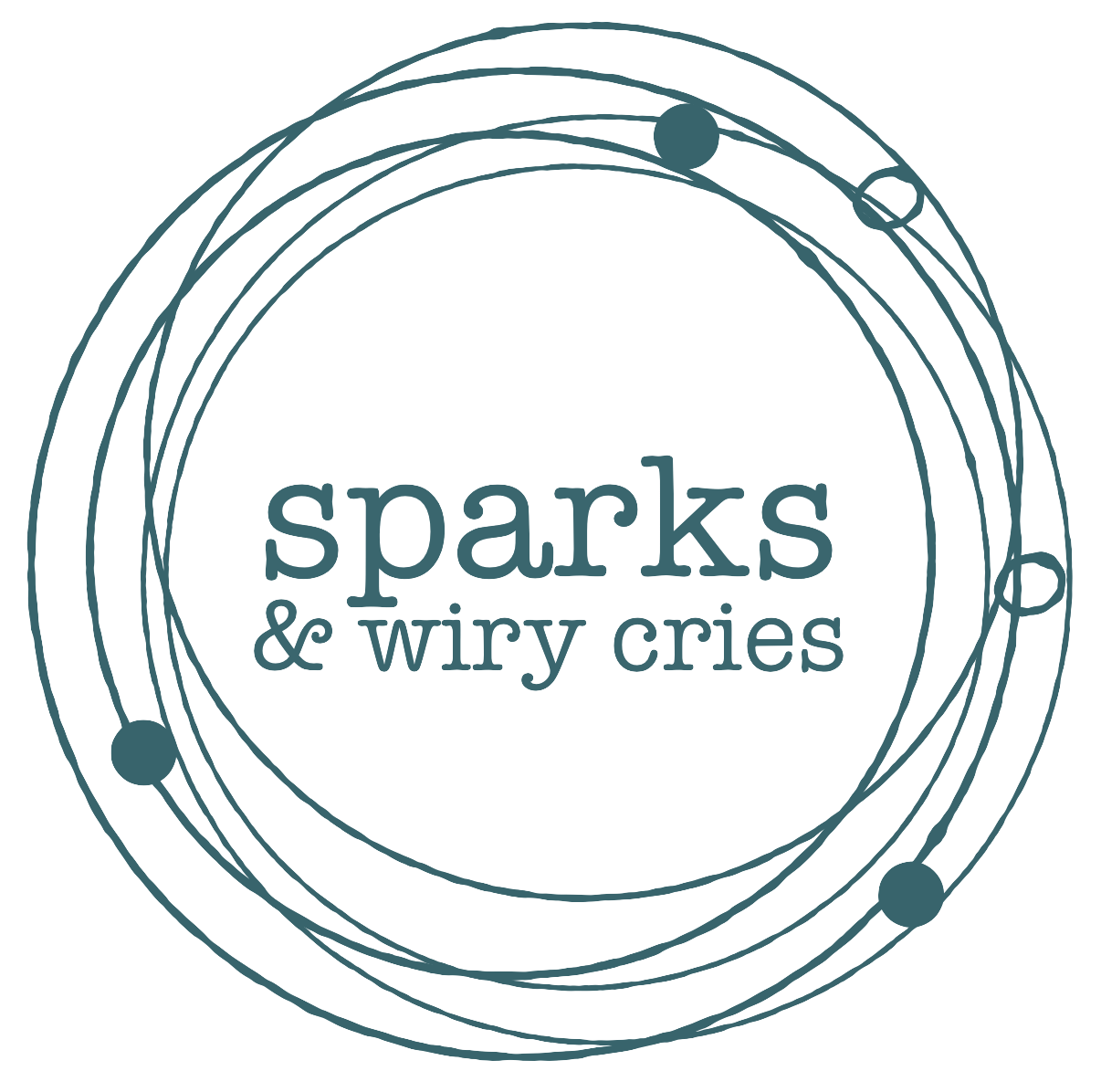GERALD FINLEY
Between countless operatic and orchestral appearances, you regularly make time for song: why is it important to you?
GF: Song represents the spontaneous encounter between composer and poet, and lays bare the composer's and singer's art. I think it is where the singer's reason for singing begins. For me, song is the essence of my approach to art and life: communicating the inner passions in the most direct and honest form.
You have collaborated with Julius Drake for many years: what defines your partnership?
GF: My partnership with Julius Drake is like creating a most enjoyable dinner with a fellow chef, where ingredients are chosen, savoured and blended with individuality, yet the result is a combination of the strengths of both, greater than the individual, and fully satisfying and lingering in the memory. The creative process, by which we explore flavours and nudge each other is the essence of the sheer joy of music making. We are always testing and encouraging each other to be even more adventurous and accomplished.
How do you approach learning songs?
GF: Learning songs can be a tricky business. On the one hand, reading the bare poetry can be useful to understand the context, but I love to hear the composer unravel the essence of the poem almost as a first encounter, trying to understand the music in connection with the poetry at once with the poetry being lifted and expanded. Listening to the piano is always crucial in discovering new insights. I often return to the poem long after I have learned it through the music. I rarely listen to others recordings, but am always delighted when something happens in a performance from others, that I had not expected.
What song performers and performances have inspired you?
GF: In the early part of my career I had the visceral experience of seeing Dietrich Fischer-Dieskau, Hermann Prey and Elisabeth Schwarzkopf perform. They completely held the fragile balance between their art and beautiful singing. I recently went to hear Robert Holl and this was astonishing in that so large a voice could become so fragile and intimate.
What advice would you give young song performers today?
GF: My advice is to find the most natural way to deliver the song along your own voice strengths. We are losing audiences because the point of song, which is to share music and poetry, is not the primary goal of the artists. The essence of communication is ease and confidence, and song learning needs to be fun and enjoyable!
****
As a recitalist, Gerald Finley works regularly with Julius Drake, appearing throughout Europe and North America, and is a frequent guest at London's Wigmore Hall. Recital appearances have included Toronto, Montreal, Vancouver, San Francisco and at New York’s Carnegie-Zankel Hall, as well as the prestigious venues in Europe including Vienna, Frankfurt, Helsinki, Amsterdam and London’s Wigmore Hall, where they will return this season. Great success at the Schwetzingen Festival and the Schubertiade Schwarzenberg in 2009 has confirmed Mr Finley’s reputation as one of the foremost recitalists today.
His recital appearances this season will include programmes in Europe and in North America (including Alice Tully Hall at Lincoln Center) of ballads by Loewe, Schubert and Schumann and also Schubert's Winterreise at the 2012 Schubertiade. At London's Wigmore Hall, he premiered a new song cycle written for him by Huw Watkins called "Look down, fair moon" also presented in New York. In Berlin at the Philharmonie, he presented a chamber programme which included Barber's Dover Beach and Julian Philip's Sweet Love Remembered, written for him in 2005.
Mr Finley’s Hyperion Records CD release of Britten's Songs and Proverbs, has met with critical praise, winning the 2011 Gramophone Award in the Vocal Solo category. Great Opera Arias in English, performed with the LPO and Edward Gardner on the Chandos label, has received outstanding acclamation, including the Canadian Juno Award 2011 in Vocal or Choral Performance. Also on Hyperion Records was a critically well-received CD of Songs by Ravel, nominated for the 2010 Juno Awards. His CD of Dichterliebe and other Heine settings by Schumann, has also achieved much international critical success including the Best Solo Vocal Recording at the Classic FM Gramophone Awards 2009. Songs by Samuel Barber won the Best Solo Vocal Recording category of the 2008 Classic FM Gramophone Awards, and the Charles Ives Songs Romanzo di Central Park was nominated in the same category. He has also released a recording on the Wigmore Live label, the 25th of their series, of songs by Musorgsky, Tchaikovsky and Rorem, which was nominated for BBC Music Magazine Award 2009. In 2009 and 2006 he was nominated “Artist of the Year” in the Gramophone Awards. At the 2008 Canadian Juno Awards he received two nominations in the 'Classical Album of the Year: Vocal or Choral Performance' category, in a nod to his contribution to the CD Schubert Among Friends (Marquis Classics) along with the Songs by Samuel Barber. His disk of Vaughan Williams’ Songs of Travel (CBC Records) with pianist Stephen Ralls won the 1998 Canadian Juno Award.






